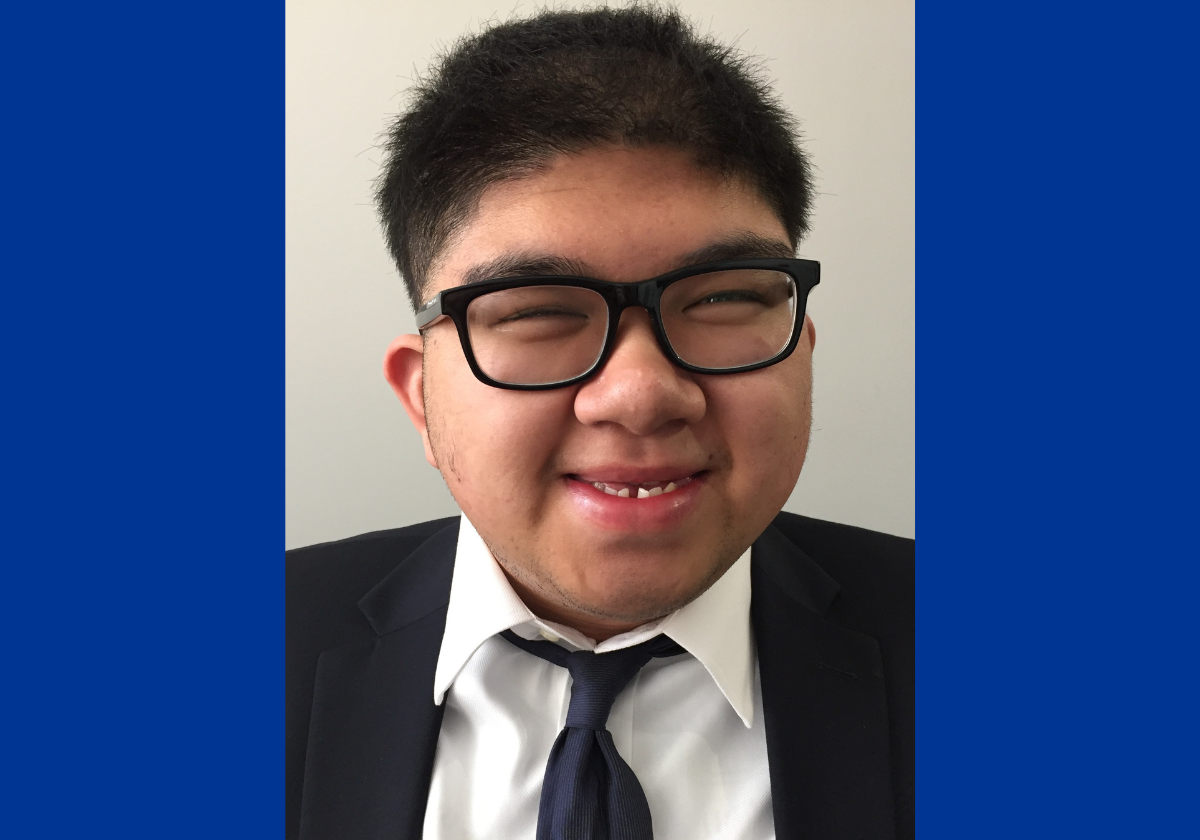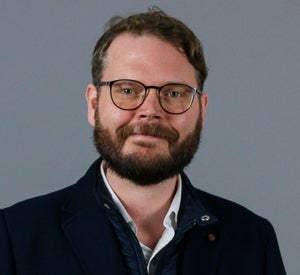With the limited number of research funds available to undergraduate students, the School of Health and Rehabilitation Sciences (SHRS) Undergraduate Student Summer Research Award provides undergraduate students with funds to explore meaningful research, offering an opportunity to expand their interests outside of the classroom curriculum.
Recipients of the award will conduct research on their topic of choice that addresses a social or disability problem in the health, assistive technology and rehabilitation fields. The recipient is granted $5,000 for the summer to assure that they can devote themselves full-time to their project. Funds may be used toward living expenses and research related travel.
The 2020 Undergraduate Student Summer Research Award recipient is Brandon Nguy, a student in the Communication Science program at SHRS. Nguy’s project mentor is Assistant Professor Will Evans.
Read more to learn about the award and Nguy’s research focus.
—
Q: What is the purpose of your research project?
A: My project hopes to address an issue of representation of participants in aphasia studies. By looking back at the aphasia literature from the past decade, we can see if the people we have been testing in our studies truly represent the people whom we are trying to treat in the real world.
Kudos to Brandon for his first-authored publication, published in the American Journal of Speech-Language Pathology!
Nguy, B, Quique, Y, Cavanaugh, RB, Evans, WS. (in press). Representation in aphasia research: an examination of US treatment studies published between 2009 and 2019. American Journal of Speech-Language Pathology.
Q: Why did you choose to investigate this particular topic?
A: The results of this project could have a tremendous impact on current and future aphasia research. If there are discrepancies in who we have been treating compared to the real world, then this issue must be addressed to make sure our research and treatments are as effective as possible. In addition, as someone who was born with a physical disability, I want to make sure that everyone is represented in aphasia, or any, research to make sure that our studies can benefit as many people as possible.
Q: What are your future career goals?
A: One of my career goals is to become a Speech-language Pathologist In the upcoming future. Another career goal I have is to become a director of a research facility that specializes in communication disorders so that I can learn more about them and their treatments.
Q: Why did you choose Pitt SHRS?
A: Pitt SHRS consists of some of the top leading researchers and medical professionals in the health field. To have the opportunity to work and learn from these individuals was something that inspired me to choose Pitt SHRS as I continue to move along with my career goals.
Q: Did you attend an SHRS summer program? If so, can you tell me which one and what influence it had on you?
A: During summer 2019, I had the opportunity to participate in the BrainCURE program (Brain and Communication Undergraduate Research Experience) at SHRS. From this research experience, I learned a lot about the current issues researchers are trying to solve in my field and the skills you need to become a great researcher. These include having great leadership, being able to communicate properly with others and to be able to take constructive criticism appropriately. If you are interested in neuroscience and/or communication disorders, then BrainCURE would be a great fit for you!
Q: What does this award mean to you?
A: It is truly an honor and privilege for me to be the recipient of this year’s McMurtry Family Undergraduate Research Award. To have this incredible opportunity shows me how much I have grown, both in my academic career and as a person. Without this award, I would not have been able to move further along with my career goals and to be able to help others in the field of aphasia research.


